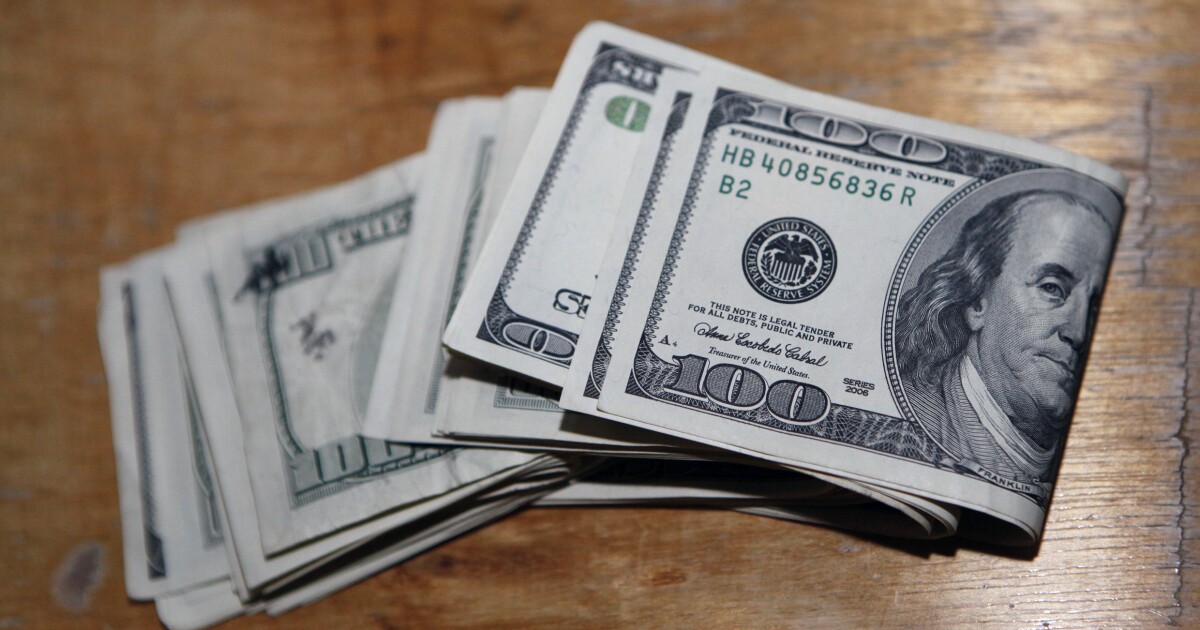

Supplemental Security Income recipients are set to receive the first of two September payments in less than two weeks.
Those who are eligible will receive their first payment of $841 on Sept. 1, and a second payment of the same amount is set to be delivered on Sept. 30, equaling a total of $1,682 for the month, according to the Social Security Administration.
STIMULUS PAYMENT 2022: DIRECT $200 TAX REFUND CHECKS HITTING BANK ACCOUNTS FOR MILLIONS NOW
September is one of three months this year in which people receive two Supplemental Security Income payments. The other two months with two installments are April and December. An SSA schedule shows eligible SSI recipients receive 12 payments this year. There are three months that do not have any payments scheduled. They are January, May, and October.
This year, eligible couples will receive two payments of $1,261 for the month of September. Essential persons, those who live with a person receiving Supplemental Security Income and provide necessary care, will receive two payments of $421 to be paid out on the same days.
Supplemental Security Income is a federal income supplement program “funded by general tax revenues (not Social Security taxes),” according to its government website. SSI “is designed to help aged, blind, and disabled people, who have little or no income,” and it “provides cash to meet basic needs for food, clothing, and shelter,” per a description on the site.
CLICK HERE TO READ MORE FROM THE WASHINGTON EXAMINER
Analysts expect Social Security payments will likely rise due to growing inflation rates, according to Nexstar Media Wire. However, some may end up earning less than what they receive right now because the increase in payments could place them in a higher tax bracket.
Without action by Congress, Social Security trust fund reserves are expected to start drying up by 2035, the 2022 annual report of the Social Security Board of Trustees found. “At the time of depletion of these combined reserves, continuing income to the combined trust funds would be sufficient to pay 80 percent of scheduled benefits,” the report said.






